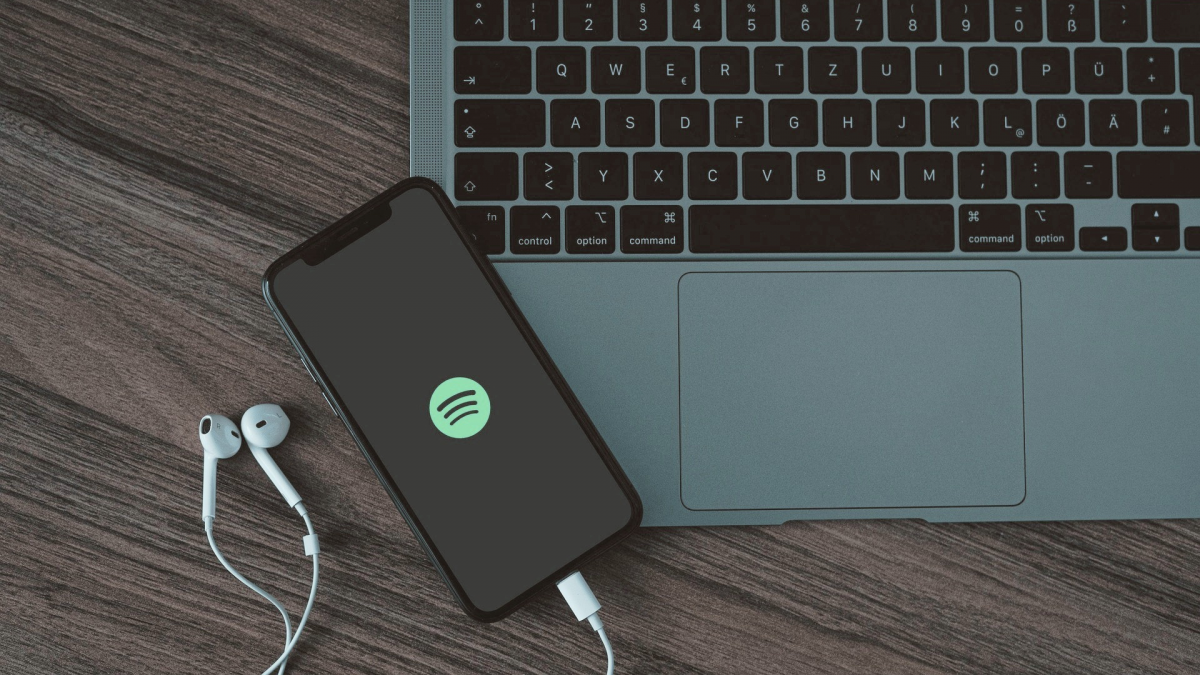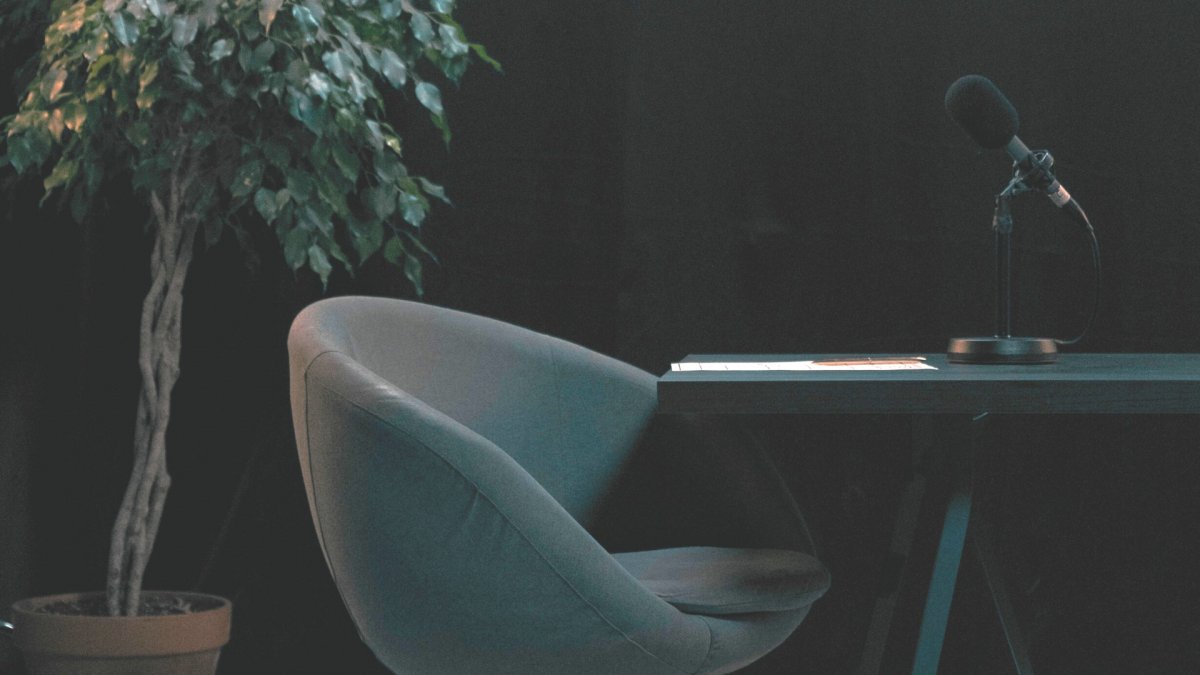Welcome back to another episode of Into The Airbnb, where we chat with Airbnb hosts about their short-term rental experience. Our guest for today is Gabriel Aramayo, an Airbnb remote co-host based in Bolivia. Gabriel manages several listings located in Seattle, Pittsburgh, Miami, Tampa Bay Area and Los Angeles, providing different services like messaging, schedule […]













